Article
Mobile App Development Software: No-Code, Low-Code & Customized
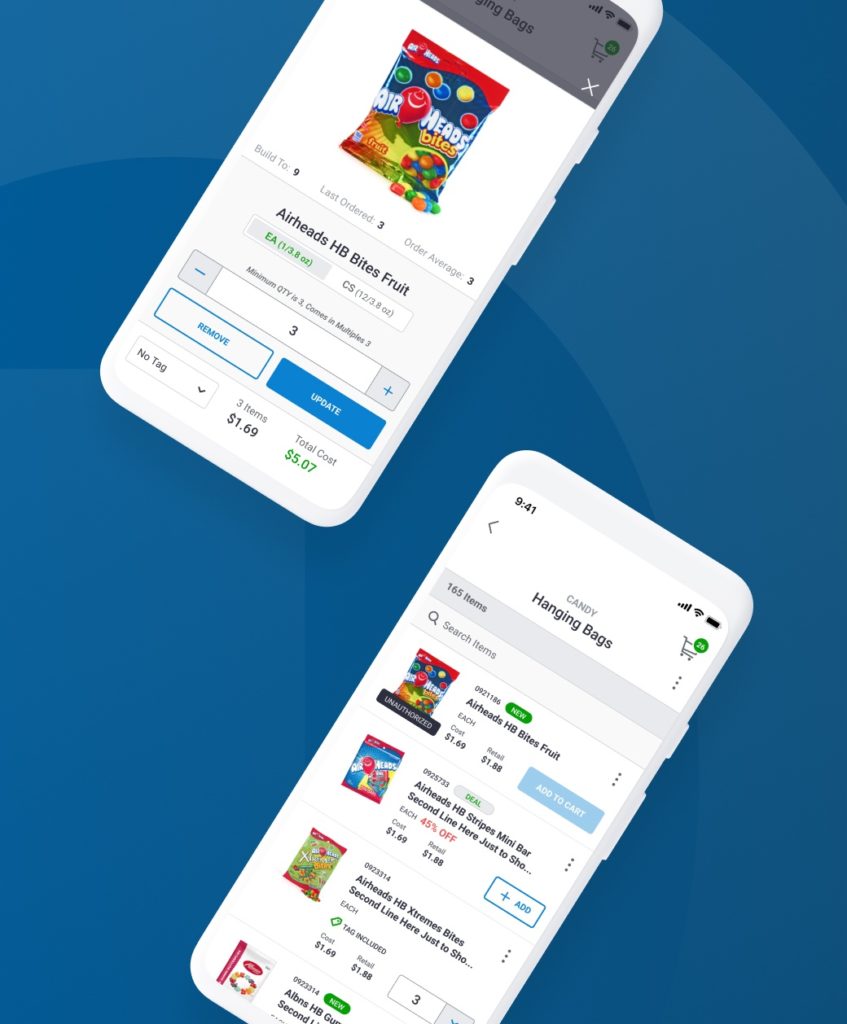
What is mobile app development software? (and why choosing the right software matters)
Mobile application development encompasses the steps and processes needed to create software apps for time management, gaming, health monitoring, and much more. As with other forms of software development, extensive knowledge of programming languages has historically been required to create mobile apps, but recent advances have changed that.
With the creation of mobile app development platforms, designers and developers no longer need to be coding wizards, and the process of creating mobile applications is more accessible than ever.
Fluency in programming languages like Java, JavaScript, HTML5, and CSS is still relevant, as is knowing the intricacies of things like Ionic and other frameworks that use aforementioned languages. But as mentioned previously, advances in how mobile apps are developed open the gate for more businesses to use mobile app development software to automate and streamline elements of the development process.
In this article, we will review:
- The outlook for the mobile app marketplace
- The advantages and disadvantages of using a mobile app builder (no-code and low-code solutions)
- How to triangulate between your business needs, development resources, and usability requirements to decide on an approach
- The initial and ongoing benefits of working with a professional app development service provider, regardless of your approach
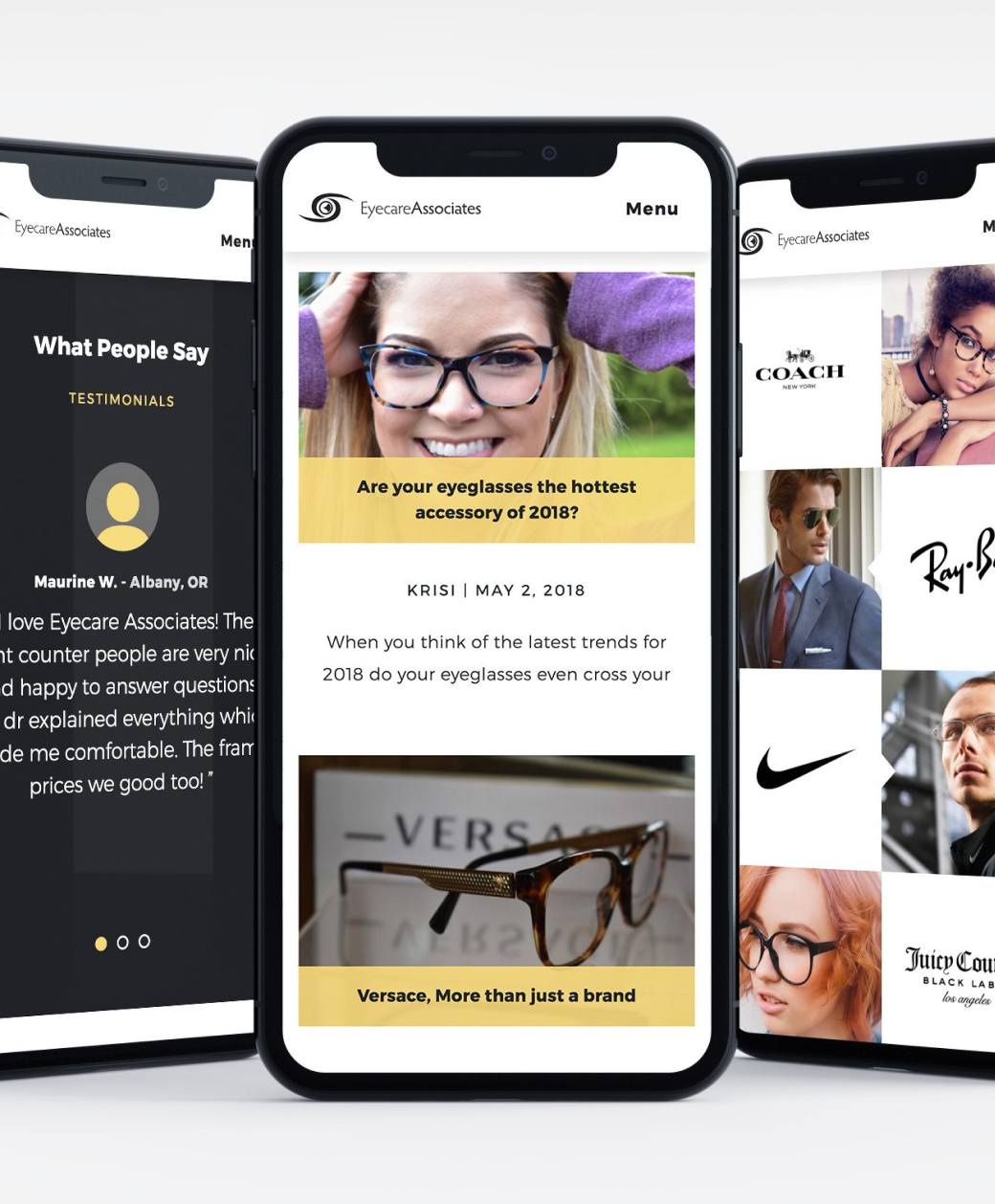
The promising forecast for mobile apps
By 2025, Statista projects that there will be 7.49 billion mobile users worldwide. Catering to that massive volume of users with mobile apps makes sense for many businesses, but doing so without a plan isn’t wise.
Whether consumers use Apple iOS, Android, or another operating system, users are becoming increasingly tech-savvy and sophisticated in their mobile interactions, and the expectation of app quality and efficiency is higher. Across industries and use cases like supply chain management, eCommerce, SaaS, facilitating payments, validating identity and documentation, and geolocation, the expectation for seamless experiences will always be at top of mind for mobile device users.
That’s where new advances in mobile app software development come into play. Even if your company has a small development team — or your experience with coding languages is limited — no-code or low-code options for your app development process can make sense. But while being conducive to those with lower budgets and more minimal resources, keep in mind that no-code or low-code options don’t always make sense for highly sophisticated app customization or the complexity of something like an enterprise app.
Wherever you are in your journey to create apps — and even if you’re going the no-code or low-code route — our clients and partners benefit greatly from services like mobile strategy. Our team will help you plan and develop customized apps built for your business with considerations around market analysis, competitor analysis, KPI determination, and much more.
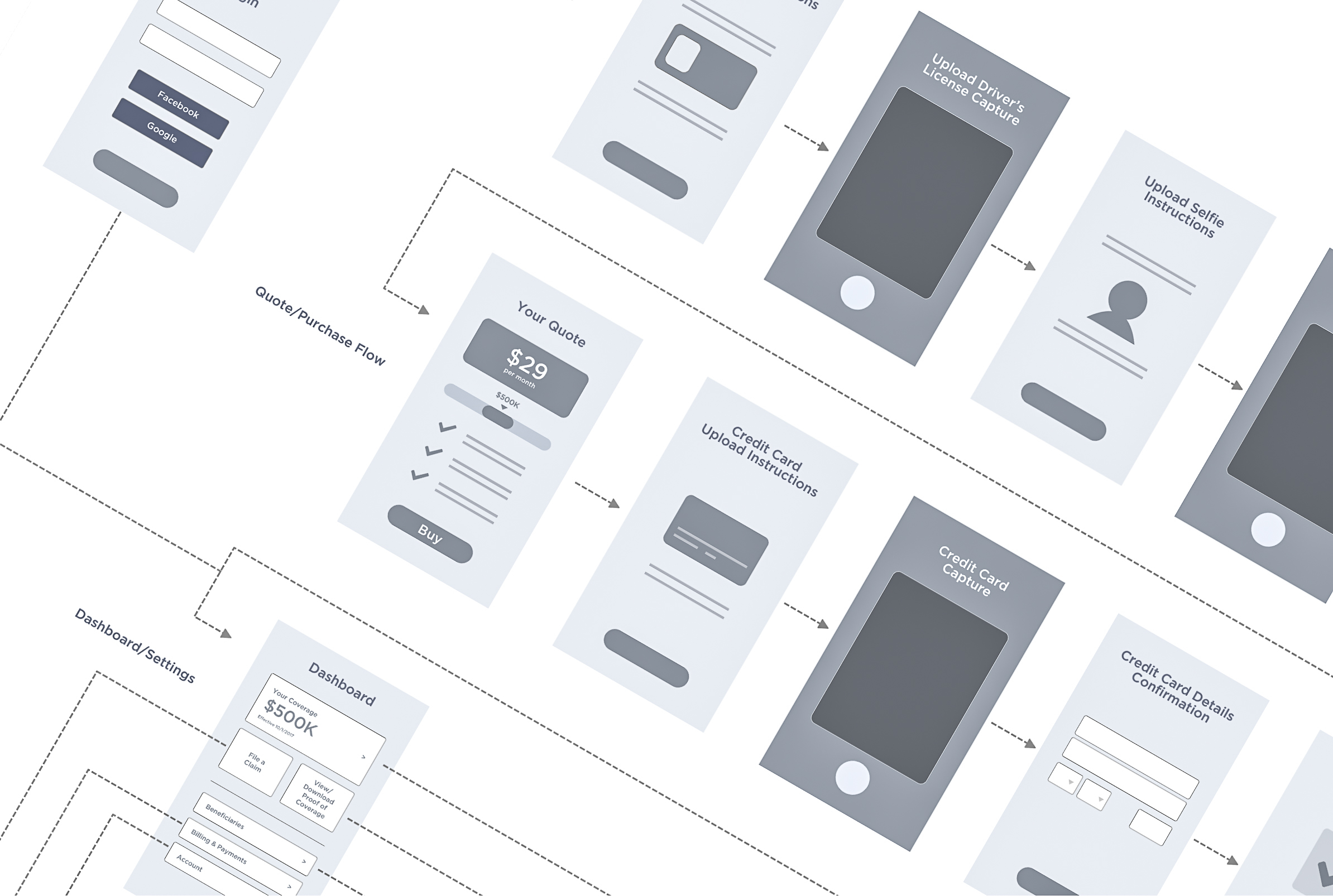
The pros and cons of low-code and no-code mobile app development software
While it doesn’t make sense for every use case, the emergence of no-code or low-code mobile app development software has been a game changer for things like rapid prototyping or creating a more basic app. Using this type of solution has numerous advantages, particularly if you run a small business or startup.
Here are some of the ways that using no-code or low-code development software can make app creation and implementation more streamlined:
- Automation: With advances in app development software, you no longer need to be a coding expert to create something simple. New platforms, libraries, and frameworks lend to a streamlined, no-frills process that can still lead your business to achieve excellent results. Elements of the traditional mobile app software development processes are automated and de-complexified, though accounting for the various details of mobile strategy is still essential.
- Extended Reach: New approaches to mobile app development allow you to design native apps (iOS apps and Android apps) as well as cross-platform apps — with less of a manual lift than in the past. Mobile apps take the unique aspects of your product or service (a web-based eCommerce portal, for example) and synthesize them into a user-friendly solution that fits into your target audience’s pocket or briefcase. If done well, you can reach smartphone users on their operating systems of choice with fewer roadblocks.
- Solidify Your User Base: Having an app for your business can improve direct communication with your customers. You can give them easy access to a wealth of information about your products and services, building a solid foundation for your company and your brand. Now, creating apps is easier than it used to be — though creating high-quality apps is more essential than ever, given the competitiveness of the mobile app marketplace.
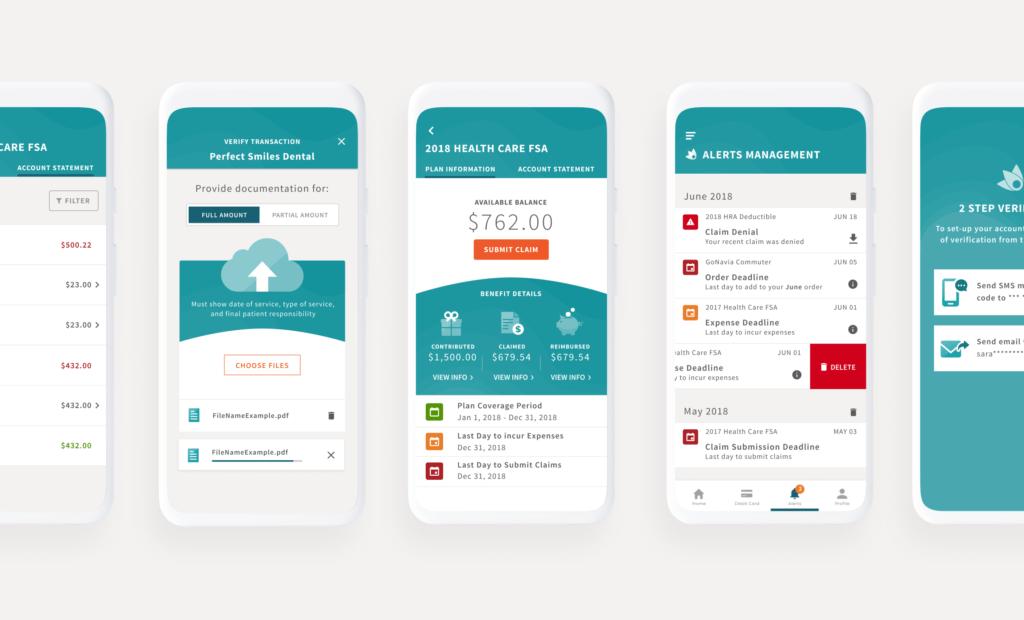
Features of a high-quality software development process
A reliable means of getting the business results you desire is adhering to a proven process that triangulates between your business needs, development tools and resources, and usability requirements. That’s what our approach to app development hinges on, and whether you go the low-code or no-code route — or take a customized, bespoke approach — working with a team that’s done it before is worthwhile.
Our team can help you prioritize essential features based on your business objectives and resources. But whatever team you ultimately end up partnering with, we recommend that you look for key qualities in a service provider:
A seamless, straightforward process
It’s possible to keep a process simple, repeatable, and reliable while still creating a great mobile app with an abundance of functionality.
When you team up with Fresh Consulting, you’ll find that our process is just that: straightforward in terms of structure but nuanced and custom enough to cover each client’s unique bases. Because our team is cross-disciplinary (strategy, design, development, and engineering), we can work with various device types, operating systems, and technology architectures to create an app specific to your needs.
Step-by-step guidance
A high-quality mobile app development software vendor should help you every step of the way. This includes stages such as:
- Planning: Product roadmaps, meeting business rules and requirements, reviewing best practices, researching competitors, and discussing stakeholders’ needs.
- UI/UX design: Conducting user and market research, creating customer personas, developing task lists, creating a solid wireframe template, designing user interfaces and dashboards, and getting user feedback.
- Front-end development: Creating what the user sees, functional prototypes, interaction and feedback mechanisms, and coding other elements of the “front end.”
- Back-end development: Developing APIs and “back-end” architecture, as well as quality control and much more.
- Testing: Functional, integration, and user testing; extensive debugging.
- Deployment: Installing, configuring, updating, and enabling your application to be available for use on the Apple App Store or Google Play.
- Continual market evaluation: This crucial stage combines customer feedback and rating workflows with things like analytics and A/B testing.
Designing the basic features of an app is essential. That’s where a low-code or no-code app development solution might make sense. But to be successful in your go-to-market strategy, all of the items above are essential to consider.
Simple maintenance
The development software you choose should allow you to easily fix or maintain your mobile apps across multiple platforms — this is important whether you go the low-/no-code route or with a more customized software package. Our comprehensive approach accounts for ongoing maintenance and support, with milestones like:
- Backups
- Server monitoring
- Updates and upgrades
- Troubleshooting
- Bug fixes
Customization capabilities
Every client has unique needs, and customization is key. What are your resources for ongoing development? How much data are you handling? A custom (or semi-custom) development process provides solutions to these challenges while also taking into account things like an app’s ongoing scalability. Even for small businesses or start-ups, some degree of customization is important.
Enhanced security
Whatever software solution you choose, enhanced security matters. Customized app development also allows you to implement specific security features relevant to your business, such as data encryption. Not only can this help to eliminate possible threats, but it can also help you meet the requirements of your chosen operating systems (e.g. stringent security requirements in iOS). When choosing a vendor or process, keep security in mind.
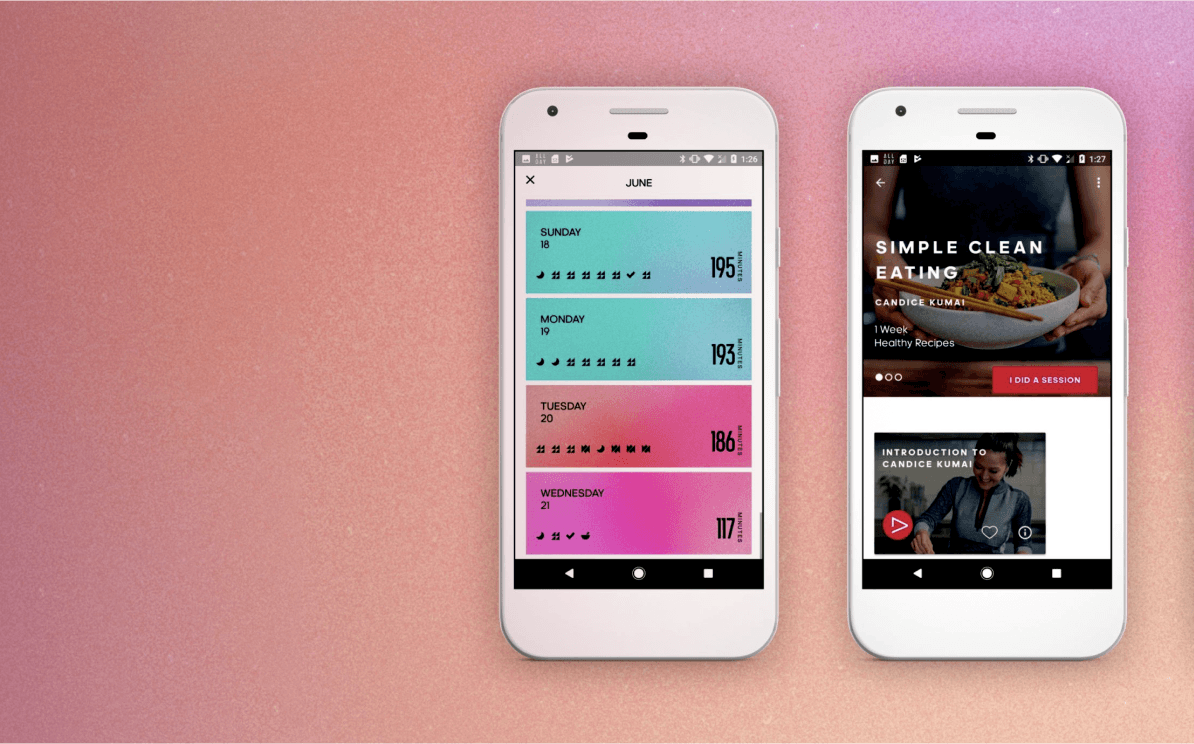
Seamlessly develop your mobile app with Fresh Consulting
Whatever your industry or business type, Fresh can help you meet your needs in the mobile app marketplace.
Whether you take a no-code, low-code, or custom approach, we pride ourselves on helping clients build highly functional, user-friendly mobile applications that focus on value and user experience. Even if you use software that automates elements of the development process, working with a consultancy is beneficial because mobile app development involves so much more than a code base.
Let’s connect to discuss how we can help your business now and position you to succeed in the future.









